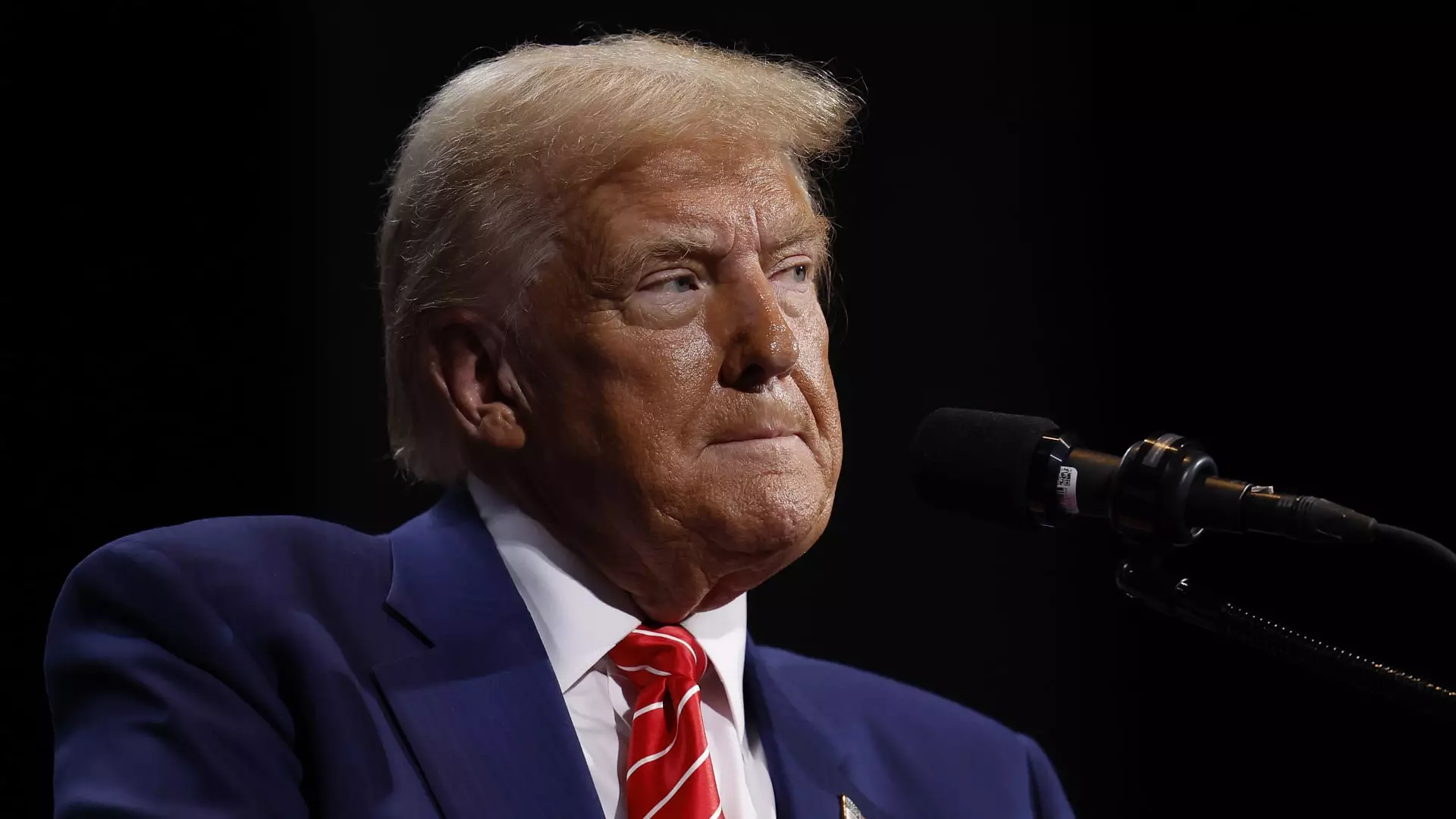The saga of the Central Park Five is a painful chapter in the annals of American justice, showcasing systemic failures that devastate lives and perpetuate racial injustice. Five young men—Yusef Salaam, Raymond Santana, Kevin Richardson, Antron McCray, and Korey Wise—were wrongfully convicted of the 1989 rape of a jogger in New York City’s Central Park. Their youth, ranging from just 14 to 16 years, did not protect them from a flawed legal process fueled by racial prejudices and media frenzy. After serving years in prison, their convictions were vacated in 2002 upon the revelation of DNA evidence proving their innocence. However, the scars of their experiences linger, and now, they are challenging not only the justice system but a prominent political figure who continues to propagate damaging narratives about their case.
The Exonerated Five filed a civil lawsuit against Donald Trump, who, during a recent presidential debate, insinuated that these men had confessed to murder and pleaded guilty, assertions that are categorically false. Their legal battle arises from comments made in the midst of an already contentious political climate, framing the lawsuit as both a quest for justice and a statement against continued defamation. The suit claims Trump’s statements are not only untrue but also part of a larger pattern of extreme and outrageous conduct. The psychological toll of false accusations on individuals who have already suffered injustice is immeasurable, and this lawsuit seeks to address that harm.
In their filing, they demand damages exceeding $75,000, but the implications of this suit reach far beyond monetary compensation. By taking action against Trump, they aim to shine a light on the ongoing struggles faced by innocent individuals in the justice system, as well as the use of misinformation by influential figures in society. For the Exonerated Five, this isn’t merely about legal recourse; it’s about reclaiming their narrative and standing against the blatant falsehoods that continue to echo in the public discourse.
The timing of this lawsuit is significant. Trump’s remarks were not an isolated incident but rather a continuation of his previous comments regarding the Central Park Five. His history of inflammatory rhetoric surrounding the case has often undermined the exonerated men’s humanity and the abuses they endured. Trump’s dismissive statements serve to remind the public of a painful past while also manipulating their perceptions for political gains. In a nation already divided along racial and political lines, his comments serve as fodder for further polarization and misinformation.
This lawsuit also emerges against the backdrop of the approaching 2024 election, where narratives and reputations take on high stakes. Trump’s campaign has been marked not only by political rhetoric but also by personal attacks and deliberate attempts to reshape public opinions about contentious issues, including his previous advocacy for the death penalty in the Central Park case. By countering this narrative, the Exonerated Five not only fight for their own dignity but also challenge a pervasive culture of defamation that often goes unchecked in the political arena.
While the lawsuit against Trump is emblematic of the Exonerated Five’s ongoing battle against the repercussions of their wrongful convictions, it marks a critical pivot toward healing and restoration. Each of the men has actively contributed to discussions about criminal justice reform, serving as powerful voices against systemic injustice. Their stories urge for a societal shift towards accountability and understanding, where wrongful convictions are acknowledged and rectified rather than perpetuated through careless discourse.
Their experience serves as a powerful reminder of the fragility of innocence within a legal system that too often prioritizes speed over justice. The outcome of the lawsuit holds implications not just for the plaintiffs but for the broader conversation about wrongful convictions, the responsibilities of those in power, and the importance of truth in discourse. As they persist in their fight for justice, the Exonerated Five embody resilience, urging society to learn from past mistakes to prevent future injustices.
As the Exonerated Five stand up against Donald Trump, they advocate for not just personal vindication but also a critical evaluation of how narratives are constructed and perpetuated. They highlight a pressing need for truth and accountability, serving as a powerful reminder of the individuals behind the headlines. In the face of despicable falsehoods and political opportunism, their resolve reflects a broader fight for justice that transcends individual cases. The outcome of their legal battle could reshape narratives around wrongful convictions and spark essential conversations about integrity within our legal and political systems. Ultimately, it is a call for fairness, dignity, and the unwavering belief that every story—especially those of the wrongfully accused—deserves to be told and heard with compassion and respect.


Leave a Reply